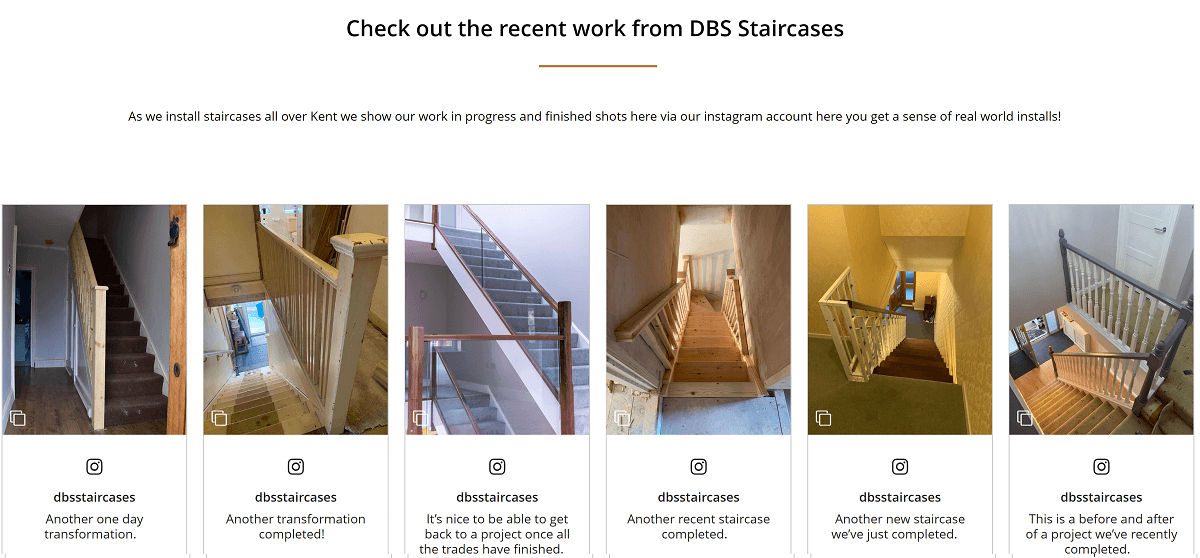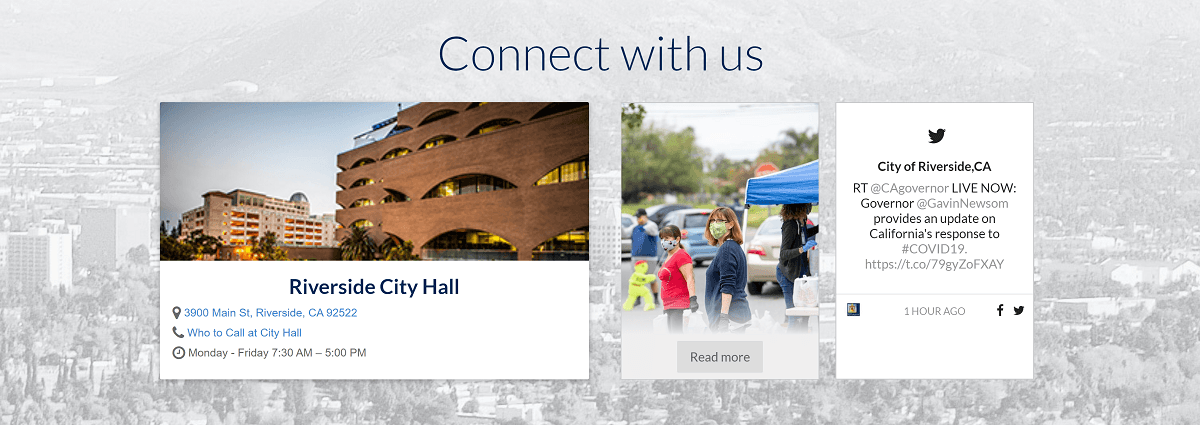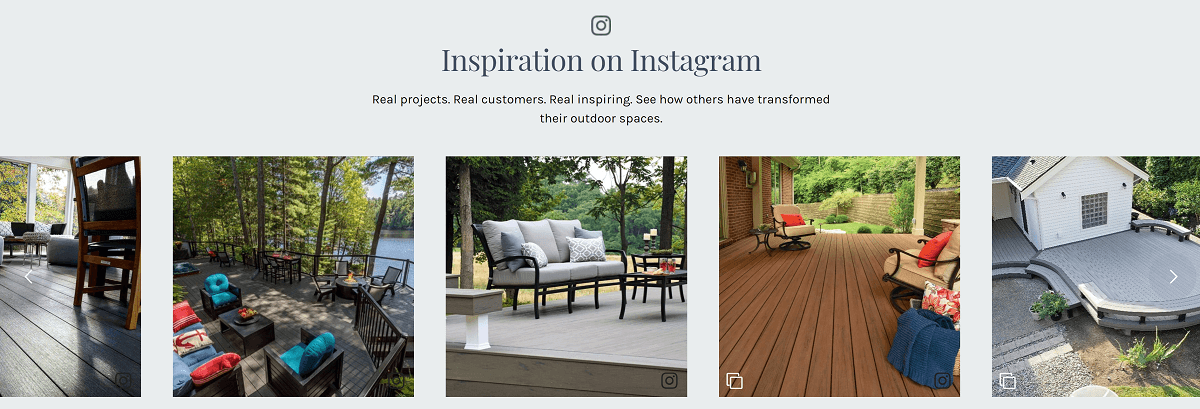For businesses, Facebook can go a long way in engaging your customers, building your social graphs, and launching promotions.
However, not many people know about Facebook APIs. In this post, we shall explore all you need to know about Facebook's API Feed and a few things you can achieve with it. So, what is a news feed, and why are Facebook APIs important? Let's get started!
TL;DR (too long, didn't read): The Facebook API can help you pull your feed of posts into your website, but it's difficult to use unless you're a skilled developer. Most businesses are better off using a social media aggregator instead.
Curator.io is an easy-to-customize aggregator that lets you pull from over a dozen sources. If you'd like to give Curator.io's free forever plan a spin sign up today.
All about Facebook feeds
This is a feature on Facebook that continually highlights information such as videos, profile changes, photos, links, upcoming events, likes and app activity from groups, people, and pages that you are follow on Facebook.
Facebook selects what stories to display on your timeline based on your activities and friends. Meaning, you will be able to see more stories on things that you are interested in from friends and with groups you are often contacting. The more likes and comments a particular post or photo in your timeline receive, the higher the chances that it will show up at the top of your schedule.
Even though the news feed is about chronological, it does not necessarily imply that you will see the most recent posts first. Thus, if you consider that you are missing out on updates or events, you can modify your settings to prioritize more the type of content you want.
Why use the Facebook API
Simply put, a Facebook API is a computing system that enables developers to build applications which will add value as well as enhance your ability to reap maximum benefits from social media networks.
Using the Facebook API, users can add social contexts to their apps by utilizing Page, profile, group, friend, photo, and also event data. The Facebook API uses a RESTful protocol with responses that are in the JSON format.
Some of the benefits you can achieve from social APIs include:
Business can integrate customized apps to automate posts to their Facebook timeline
You can use APIs to collect real-time feedback on your products and services
You can use APIs to build WordPress plugins that can enable you to display photo feeds from your social accounts
Here's a tutorial for how to use Facebook's API to pull posts from a Facebook page so you can embed them in any website page:
When NOT to use the Facebook's API feed
If you want to pull your Facebook posts into a feed that you can put on your website, then it's not necessary to use Facebook's API. That would overcomplicate the process and require skilled developers to get involved, which is costly. An easier, less technical, and more affordable solution is to use a social media aggregator that can pull in Facebook content and display it easily on your website. Here's an example of a Facebook feed in a website that was built with Curator.

You can also use a social media aggregator like Curator to build embedded feeds with posts from other sources too, such as Twitter or Instagram. Take a look at these examples.



Curator.io is an easy-to-customize aggregator that lets you pull from over a dozen sources. If you'd like to give Curator.io's free forever plan a spin sign up today.
What can you achieve with Facebook's API feed?
What then can users do on Facebook even with the recent changes? Let’s look at things you may do on Facebook.
The Facebook API feed can pull 600 published posts per year. Here's some information from Facebook for Developers on how to use the API:

You can use the API to share all of the posts published by the page, or those in which the page has been tagged. Sharing your tagged posts is a great way to show social proof or curated content, such as reviews, testimonials, giveaway appreciation, customer photos, and more.
In addition to images and text posts, page videos can be included in the API requests as well, so long as the making the request is also the user of the Facebook page. This means that if you want to display your Facebook videos in your website, you absolutely can do so using the Facebook API.
How updates affected the Custom Feed Plugin on Facebook
Following some sudden alterations that Facebook made in April 2018 to their API, several features on the Custom Feed plugins on Facebook are either no longer available or temporarily affected. Regrettably, Facebook did not give an alert that the plugins would get impacted after the changes got rolled out.
With the recent changes on Facebook, here is a look at how they are affecting the custom feed plugin on Facebook.
Group Feeds - Displaying any content from a Facebook group is not possible anymore. However, public Facebook Pages can still post all content.
End-users Personal Information - It is now not possible to show the avatars or names of Facebook users who comment on posts you publish or post on your page.
Events - Since June of 2018, you can display events using a Facebook page provided you are the admin, through the use of Page Access Tokens.
To prevent abuse of events on the platform, Facebook's approach was to close access for developers. From there they are to review each application to get the access reinstated.
Key takeaways
Following some sudden alterations that Facebook made in April 2018 to their API, several features on the Custom Feed plugins on Facebook are either no longer available or temporarily affected.
Even with this, FB has many features that you can use to promote your products, brand or business. It also allows you to participate in chats, discussions, events, buy and sell items, share photos, videos as well as have live events.
You can as well consider content aggregators such as Curator.io to give your brand more exposure. Aggregators also go a long way in enabling your audience to find new and interesting content in your niche.
Curator.io is an easy-to-customize aggregator that lets you pull from over a dozen sources. If you'd like to give Curator.io's free forever plan a spin sign up today.
Previous post: